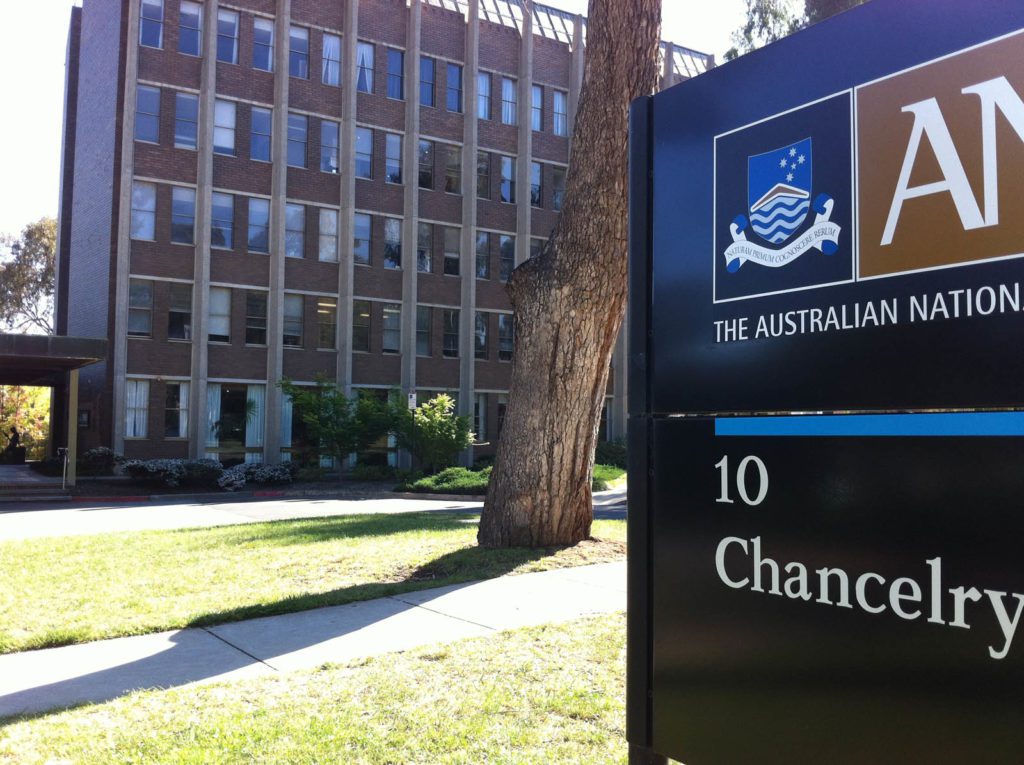Vice Chancellor Professor Brian Schmidt faced tough questions this week at the student forum regarding the ANU’s investment policies. Criticism arose surrounding the University’s continued reliance on the fossil fuel industry in its long-term investment portfolios.
In response to calls to divest from all fossil fuels immediately the Vice-Chancellor stated that such action would make the portfolios too volatile. To immediately and completely divest, he continued, would also likely subvert the University’s fiduciary responsibility, and highlighted that the fund is used to pay the superannuation of past employees.
While the Vice-Chancellor insisted the University remains committed to going carbon negative in the “shortest possible time”, he gave no specific timeline as to when this would occur. He further commented that it is often difficult to avoid fossil fuel investments in the Australian stock market as the ASX is overrepresented with such companies.
ANU’s Chief Operating Officer Paul Duldig highlighted the difficulty in such a divestment process. “There’s no clear way of doing this” he said, “investment and divestment is based on the [University] policy”. He commented that the ANU has taken a strong stance on climate change and is setting the pace in the area, stating that the University’s position sent a strong message to companies which continue to profit from fossil fuels.
During the forum Mr Duldig also revealed the 2020 report on the social responsibility of the University’s investments is currently being reviewed by the ANU council. He commented that the report would be made available to students in the next few weeks, and was a ‘very good one’ that reflected well on the University. While he highlighted the fact that the ‘carbon intensity’ of University’s investment portfolios was 39% lower than the set benchmark, the specifics of the entire report remain unknown.
Students also raised concerns regarding the transparency of the University’s investments, highlighting the fact that a list of investments within the portfolio had not been made available to students since 2019. The Vice-Chancellor commented that this was not a conscious decision on the part of the University and that the list would be made available to students soon. He also remarked that the list was merely a snapshot, and that the portfolio’s investments would change day-to-day.
We acknowledge the Ngunnawal and Ngambri people, who are the Traditional Custodians of the land on which Woroni, Woroni Radio and Woroni TV are created, edited, published, printed and distributed. We pay our respects to Elders past and present. We acknowledge that the name Woroni was taken from the Wadi Wadi Nation without permission, and we are striving to do better for future reconciliation.
